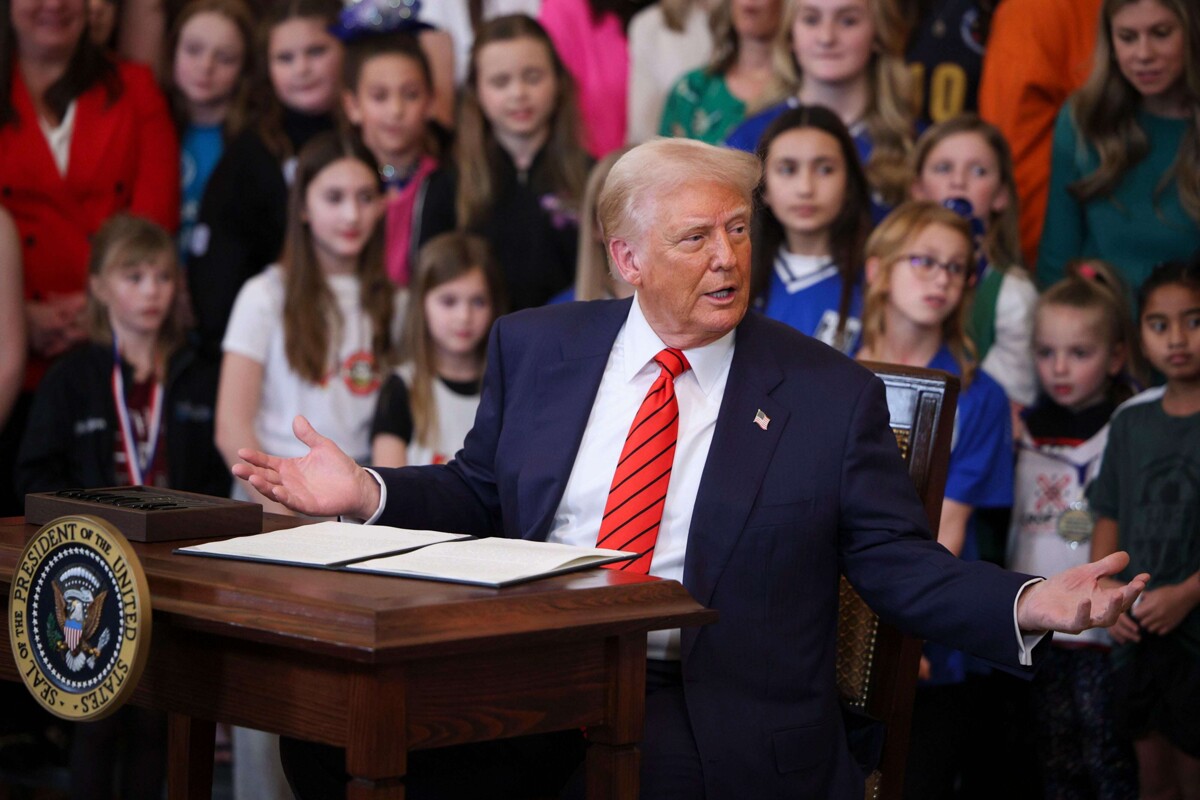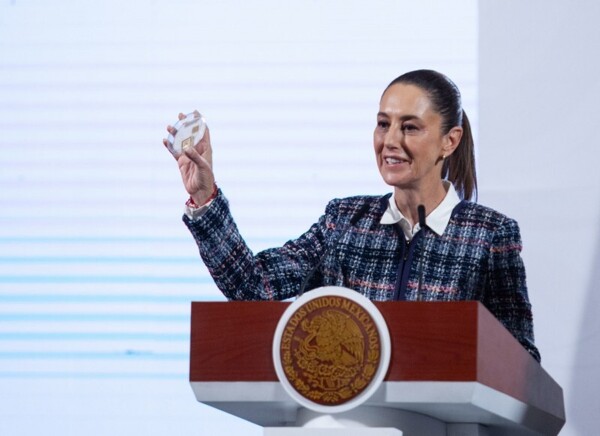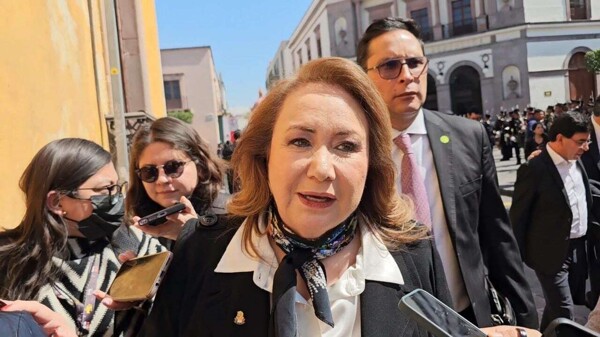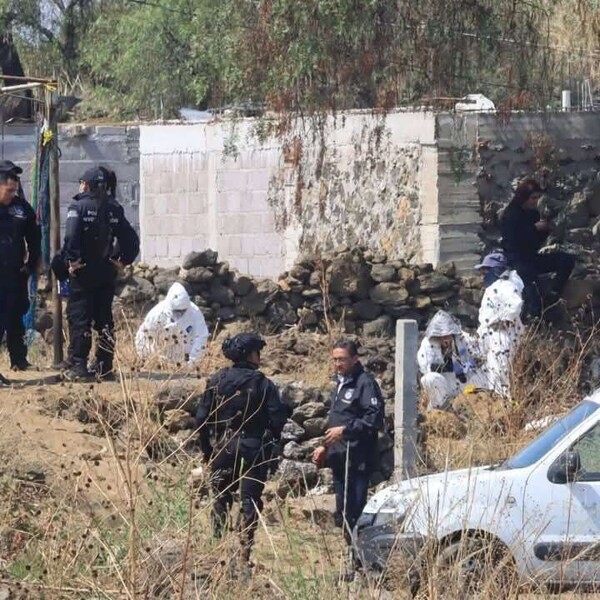
The executive order imposed by the President of the United States, Donald Trump, has created a new global scenario in which an intolerable alliance between Mexican drug trafficking organizations and the Mexican government is pointed out. This measure has provoked various reactions, including questions from legislators, governors, and American business groups.
In a context where U.S. public finances show a significant deficit, Trump seeks to reduce this issue by imposing tariffs and decreasing trade deficits without resorting to fiscal measures. Furthermore, the U.S. president is determined to combat fentanyl trafficking by forcing the Mexican government to cooperate on his own terms.
The executive order also indicates that greater military support will be sought at the Mexican border and that the possibility of making Mexico a third country to host immigrants will be considered. However, it remains unclear whether these actions will truly resolve the security issues raised.
It is proposed that public-private investment could expand into various sectors, such as infrastructure and services. Despite everything, it is noted that the president of Mexico, Claudia Sheinbaum, maintains a confrontational and divisive stance among Mexicans, which could have implications for the bilateral relationship.
Amid these changes, it is highlighted that the lack of legal certainty and issues with the Judicial Reform in Mexico could affect trust as a trading partner and investment destination. Additionally, the effectiveness of measures such as the tariffs imposed by Trump is questioned, and there is a call to reflect and get order at home before facing future external assaults.














